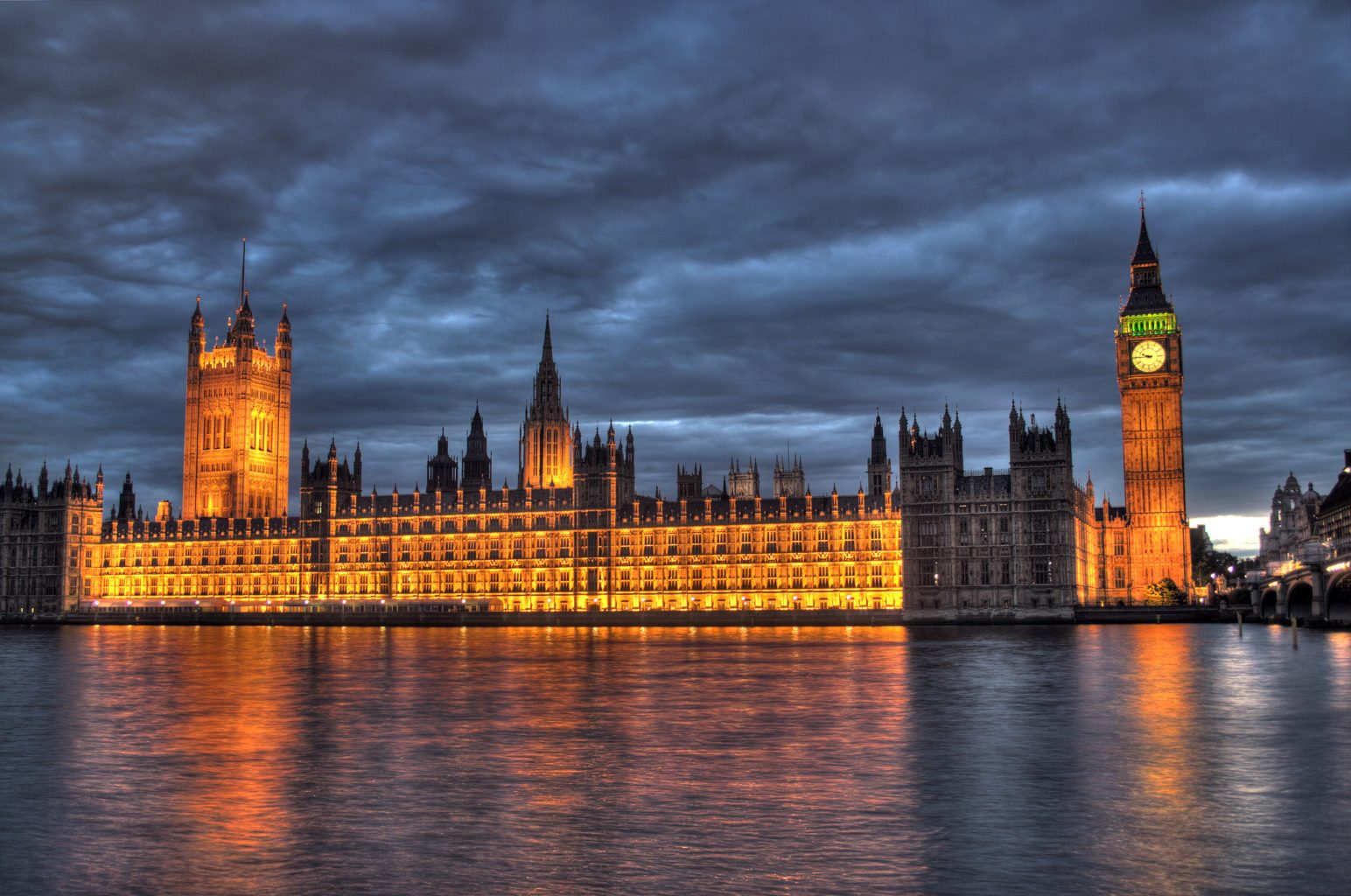General Election threatens government’s Higher Education Bill
The Prime Minister’s recent call for a snap general election, on Thursday 8 June, threatens the government’s controversial Higher Education and Research Bill.
The Higher Education Bill was first published in May 2016 and contains numerous provisions that could create far-reaching change within UK universities.
Government ministers in favour of the Bill believe that it will: “create more competition and choice within the university market, promoting further social mobility”.
The Bill also plans to boost productivity in the economy, whilst strengthening the UK’s research sector, and ensuring that students receive better value for money from their investments within Higher Education.
However, students and academics alike have campaigned against the Bill since its announcement last year, due to the legislation’s connection with the Teaching Excellence Framework (TEF).
The TEF is a recent government initiative which, starting from September 2017, will allow universities to increase their tuition fees, in line with inflation, if they pass a baseline quality standard.
Opponents to the bill have also claimed that it will “dramatically open up the university market and could pave the way for a Trump University this side of the Atlantic”.
The recent announcement for a new general election may remove these fears, as the Bill cannot be carried over to the next parliamentary session, unless the government starts the entire process from the beginning again.
This means that the Bill may be abandoned before it is finalised by Parliament, as was the case with the new proposals for the Prisons and Courts Act.
However, a recent article by Legal Cheek has commented that: “Instead of the Higher Education bill being scrapped, it is more likely that it will get pushed through with some messy concessions from all sides during what is known as ‘the washup’, [which is] the period during which all outstanding bills are subject to intense negotiation before parliament shuts down to prepare for the general election”.
The Higher Education Bill is currently being subject to a number of proposed amendments by the House of Lords. Numerous reforms have so far been proposed, including restricting the new plans to make setting up new UK universities easier, and removing international students from the government’s target to reduce net migration.
The House of Lords have also argued that the TEF should not be used to determine future
tuition fees. Such amendments are likely to be popular with current graduates and the National Union of Students’ (NUS) who have lobbied against the Bill as part of their ‘Quality Doesn’t Grow on Fees’ campaign.

Comments